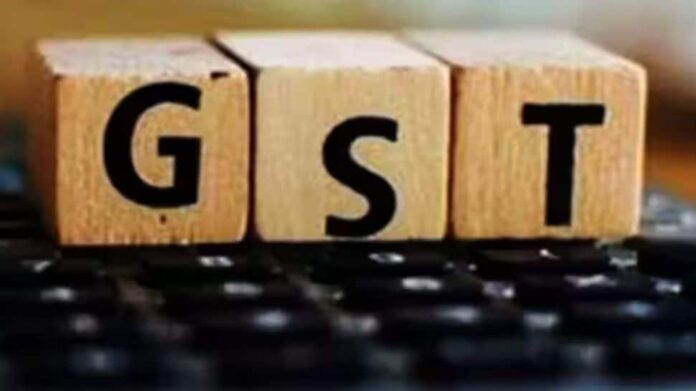New Delhi: The government’s plan to simplify and streamline GST rates is expected to have a manageable impact on the country’s finances. According to a report by UBS, the proposed GST rate rationalisation could lead to a revenue loss of around Rs 1.1 trillion per year — roughly 0.3 per cent of India’s GDP. Despite the short-term cost, experts believe the move could lead to long-term benefits by making the tax system more efficient and business-friendly.
For FY 2026, UBS expects the estimated revenue loss of Rs 43,000 crore (0.12 per cent of GDP) to be balanced out by extra income from cess collections and a larger-than-expected dividend transfer from the Reserve Bank of India. (Also Read: GST Reforms Booster: Sensex Surges 676 Points, Nifty Gains 245 Points)
The report pointed out that reducing GST could have a bigger impact on boosting consumer spending than cuts in personal income or corporate taxes. This is because GST is applied directly at the time of purchase, affecting what people pay upfront. Citing research from the National Institute of Public Finance and Policy, UBS noted that the GST multiplier is -1.08 — slightly stronger than that of personal income tax (-1.01) and corporate tax (-1.02) — meaning it has a greater influence on consumption.
In the Independence Day speech from the ramparts of the Red Fort, Prime Minister Narendra Modi announced upcoming next-gen GST reforms before Diwali so as to benefit consumers, small industries and MSMEs. (Also Read: Govt Debt Has Been On Declining Path After Covid-19: Sitharaman)
Soon after, the Finance Ministry laid out its proposal of a simplified two-tier GST system built on the three pillars of structural reforms, rate rationalisation, and ease of living.
Earlier this week, sources said that the Central government has proposed to scrap the current slab of 12 per cent and 28 per cent of GST rates and keep only 5 per cent and 18 per cent GST rates.
Government sources said as part of the initiative, 99 per cent of 12 per cent slab are proposed to move in 5 per cent slab and 90 per cent of items in 28 per cent slab are proposed to move in the 18 per cent slab. The sources said that the proposal will be studied by the GoM and a meeting of the GST Council is likely to be held in September-October to consider the proposal.
Items currently taxed at 12 per cent may move down to 5 per cent, while goods in the 28 per cent category are likely to shift to 18 per cent. “Luxury and sin goods (latter includes cigarettes, other tobacco products, carbonated drinks, high-end automobiles, and intoxicants) will be taxed at a higher ‘special slab rate’ of 40 per cent),” the report stated.
Sectors such as processed foods, garments, footwear, construction materials, tractors, hotels, and two-wheelers stand to gain from the removal of the 12 per cent slab. Additionally, the compensation cess of Rs. 1.7 trillion, which was initially levied to cover state revenue shortfalls, will end ahead of the March 2026 deadline as related loans are repaid. This, UBS said, will create fiscal room for the government to align GST rates within the new structure.
UBS also noted that lowering GST rates would have a deflationary effect, easing inflationary pressures and opening the door for further monetary policy support. With inflation remaining soft, the repo rate could fall into the 5.0-5.25 per cent range, with space for an additional 25-50 basis points cut in the remainder of FY26.(With ANI Inputs)

